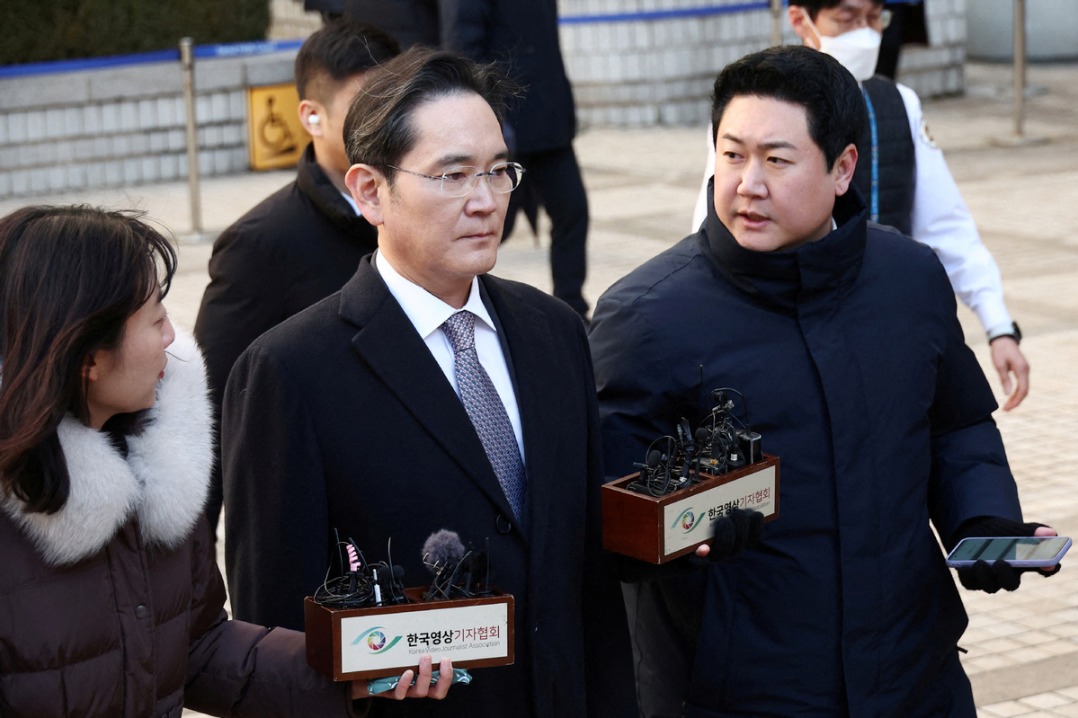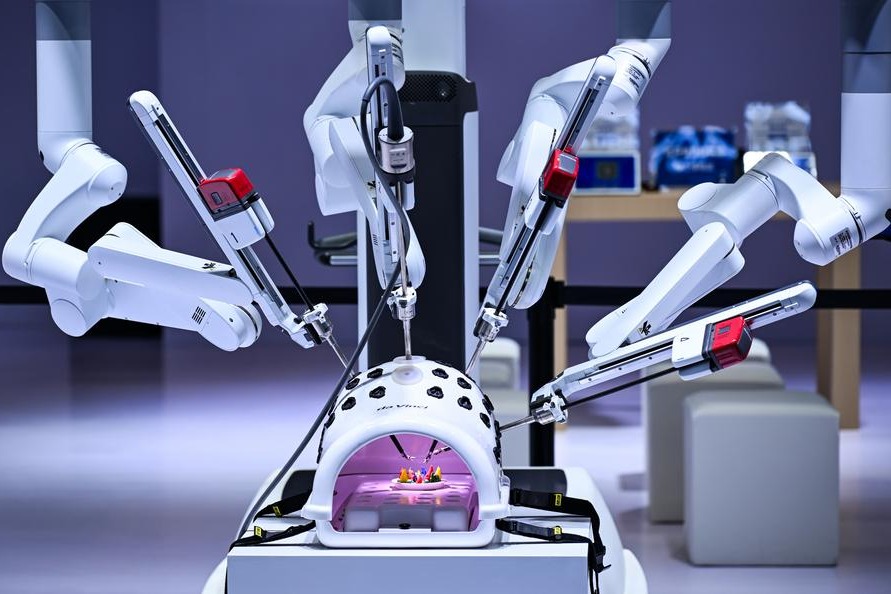BRI prompts closer global scientific cooperation


Medical connections
The ancient Silk Road was famously used for trading goods and ideas between East and West, but few people are aware of its influence on medicine.
For example, Liu Yuxi, a renowned Tang Dynasty (618-907) poet, was cured of cataracts by an Indian eye surgeon who was traveling along the trade route.
Also, many herbs recorded in The Compendium of Materia Medica, a 16th century encyclopedia of traditional Chinese medicine, originated in Persia and Central Asia.
CAS is working to uphold this tradition, and in 2013, it launched the Central Asian Center of Drug Discovery and Development with the Uzbekistan Academy of Sciences.
The center's Chinese headquarters are located in the Xinjiang Uygur autonomous region, while the Uzbekistan HQ opened in Tashkent, the capital, in November.
Last month, a joint extraction facility for natural medicines opened in Tashkent. It is the biggest and most advanced facility of its kind in Uzbekistan, said Haji Akber Aisa, director of the Central Asian Center of Drug Discovery and Development.
The facility will develop new active pharmaceutical ingredients to support Sino-Uzbek medical research, he said, adding that it will allow treatments created at the center to be manufactured locally, making them cheaper and more accessible.
"Uzbekistan has a wealth of unique herbal resources and a suitable climate to grow them in, but it lacks technologies and equipment to extract them and turn them into medicines," Aisa said.
As a result, the country must rely heavily on imported medicines and raw materials, which can raise treatment costs, he said. "China is good at turning herbs into drugs, and thanks to decades of modernizing traditional medicines, this know-how is very useful in Uzbekistan," he added.
Meanwhile, Uzbekistan has some of Central Asia's best plant chemistry research institutes.
By collaborating with institutes from China, such as the Shanghai Institute of Materia Medica, the joint center in Xinjiang has synthesized more than 120 derivatives for a possible active compound to treat irregular heartbeat, he said.
Five candidate derivatives are undergoing drug metabolism and toxicology tests. TPN171, an innovative drug to treat hypertension in arteries in the lungs, started clinical trials in China in recent years, and is being prepared for trials in Uzbekistan.
"Our cooperation can help meet the need for affordable, effective medicines. This will benefit people from both countries and across Central Asia," Aisa said.

































